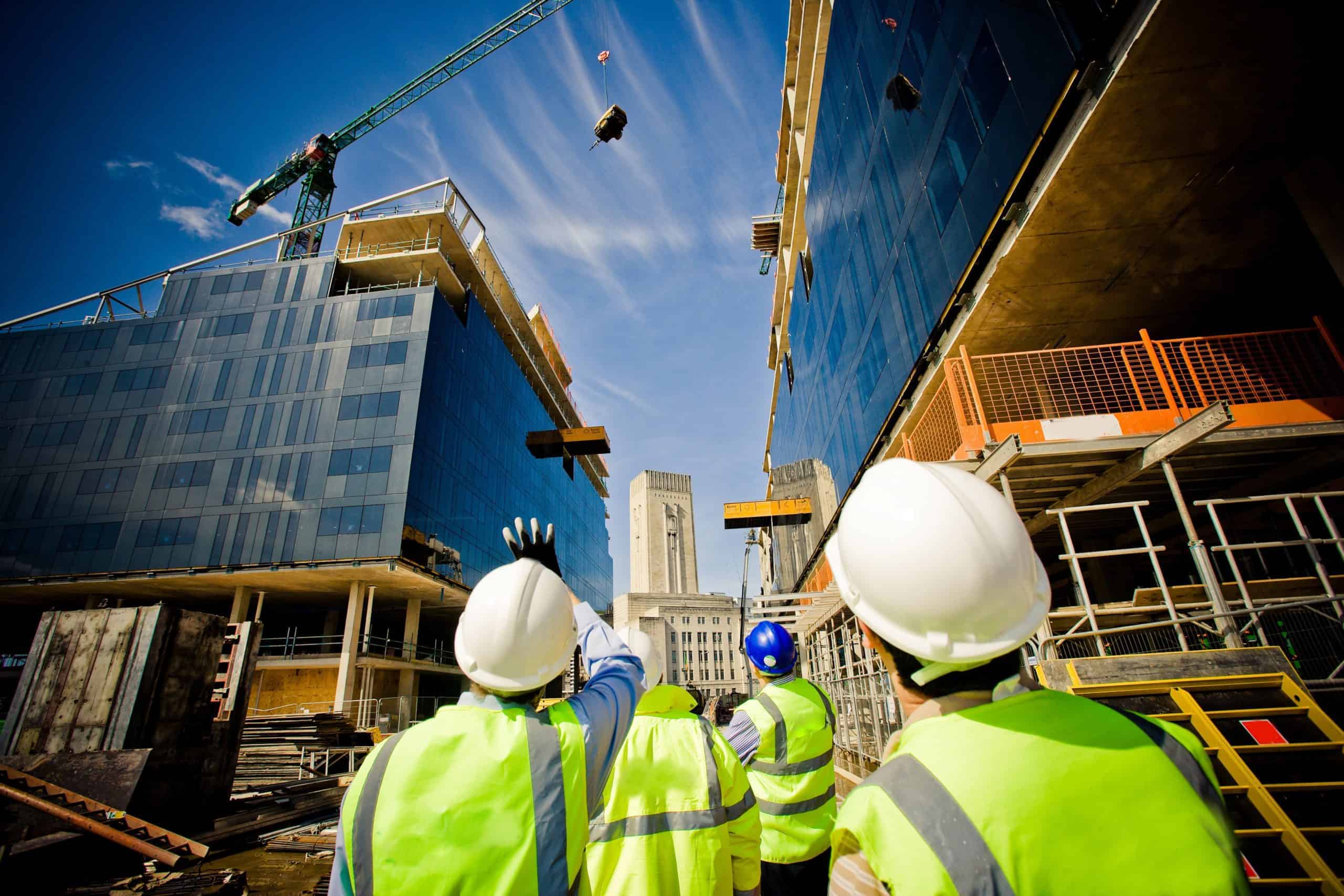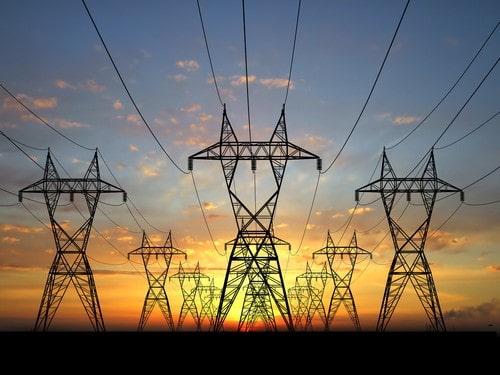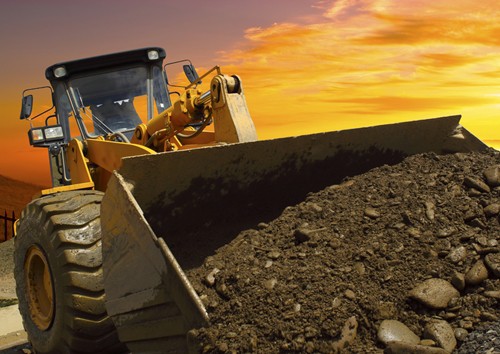Communication is one of the most important parts of a safe, secure workplace. Employees who are unable to talk to one another in an effective manner could miss hazards, lose productivity and cost the company money. Therefore, creating a quality culture where frequent communication is commonplace should be a priority for all firms.
Thankfully, this can be achieved relatively easily, without spending a large sum of money. All it takes is some planning and preparations – plus employee engagement – to improve this critical aspect of the job. In order to get started, here are three valuable ways to communicate better on a construction site:
1. Set aside time to talk
It can be easy for workers to establish a routine where they come in and get started. However, this can get in the way of effective communication. Instead, managers should set aside plenty of time to talk, according to Equipment World. Each day, dedicate a small portion of the morning to air grievances, discuss current events on the job and outline hazards. Keeping people up-to-date and aware will drastically improve a risk management plan.
2. Incorporate hand signals into the job
Great communication isn’t only verbal. Equipment World recommended construction crews use hand signals as much as possible to help prevent accidents. These simple tools can be incredibly effective, and they can remove the chance of a warning going unheard due to loud noises nearby. So, all employees should be trained on a few key signals, and they must be encouraged to use them at work as much as possible.
3. Get to the point
Communication can be quickly led off track if people don’t get to the point on time. According to Forbes, workers should say what is important right away, without first going off on a long tangent.
“People don’t need to know everything we know,” author Karen Friedman told the news source. “Think about what the single most important point is that you need to make, the central idea. If your computer died or the fire alarm went off, what would be the one thing they needed to hear?”
This is incredibly important, especially on a construction site. In some cases, accidents can be avoided with quick action, and being unable to communicate clearly could lead to an increase in workers’ compensation insurance claims and other expenses.



